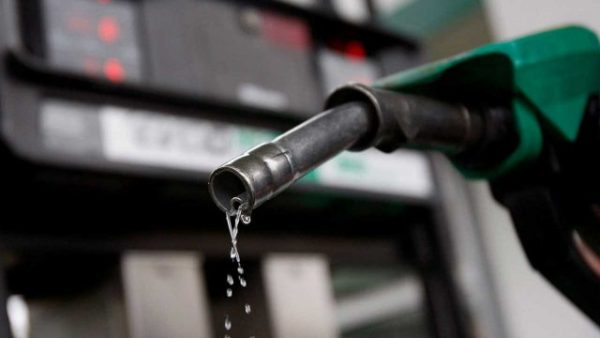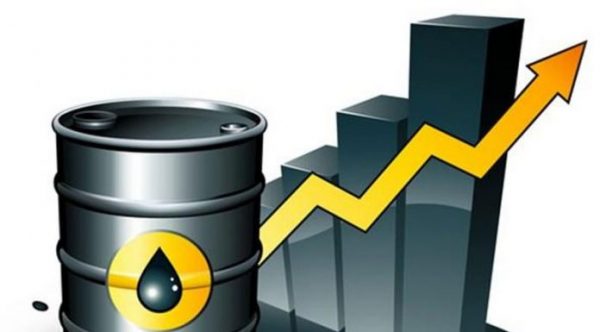Oil Price Slump: FG to Increase Taxes, IGR

Owing to the slump in oil prices, the federal government last week disclosed that it had mapped out measures to increase taxes and other forms of internally generated revenue (IGR) in the country.
The Lagos State Deputy Governor, Mrs. Victoria Adejoke Orelope-Adefulire, stated this when she briefed State House correspondents after the National Economic Council (NEC) meeting held at the Presidential Villa.
The NEC also called for a review of the proposed amendment to the Act on the harmonisation of taxes and levies across the federation.
She added that the measures were announced by the Coordinating Minister for the Economy and Minister of Finance, Dr. Ngozi Okonjo-Iweala.
“One of the directives and resolutions given by the NEC is that six attorneys-general representing the six geo-political zones should be invited for a meeting to review the proposed amendment to the Act.
“The following state attorneys-general were therefore nominated by council for the assignment: Bayelsa for South-south, Enugu for South-east, Borno for the North-east, Lagos for the South-west, Kebbi for North-west, and Plateau for the North-central zone.
“It further directed the Federal Ministry of Finance, Federal Inland Revenue Service, Joint Tax Board and the Office of the Attorney-General of the Federation to commence the process of amending the VAT Act with emphasis on a review of the rate.
“Council also considered and approved the attached schedule containing the reviewed list of taxes and levies collectable by the three tiers of government for publication by the Joint Tax Board (JTB).
“It also approved the need for the Inspector General of Police to enforce the directive for the dismantling of road blocks for revenue collection on the highways across the federation,” the deputy governor said.
She said the finance minister, who was represented at the meeting by the Minister of State for Finance, Ambassador Bashir Yuguda, reported to council that the Excess Crude Account (ECA) currently stands at $4.1 billon.
“The minister stated that the drop in oil price is affecting the inflow of money into the excess crude account but the federal government is trying hard to stabilise the currency,” Orelope-Adefulire said.








